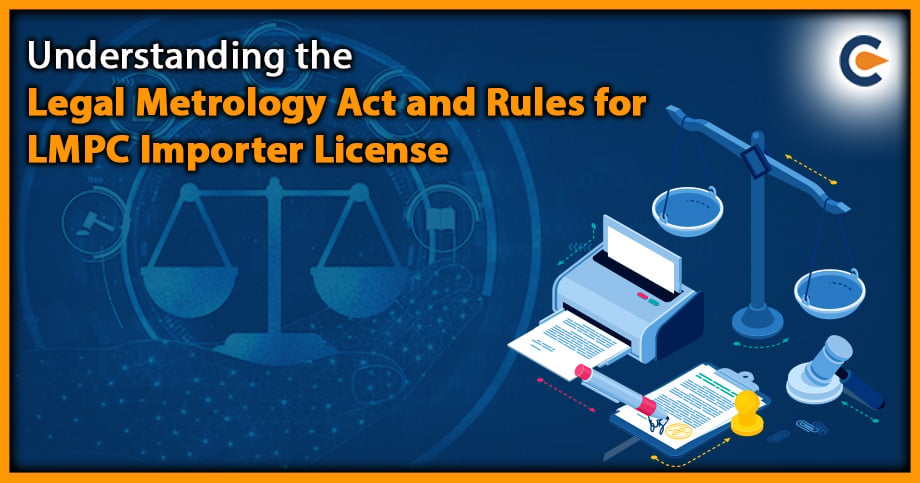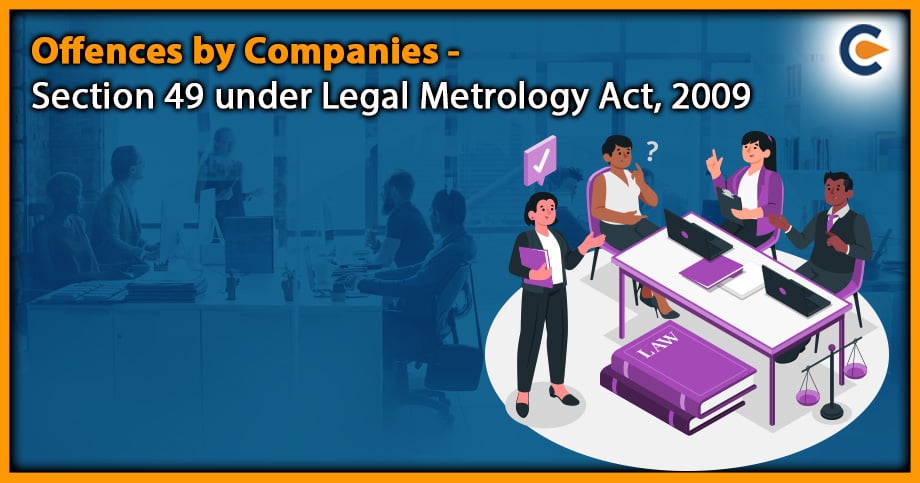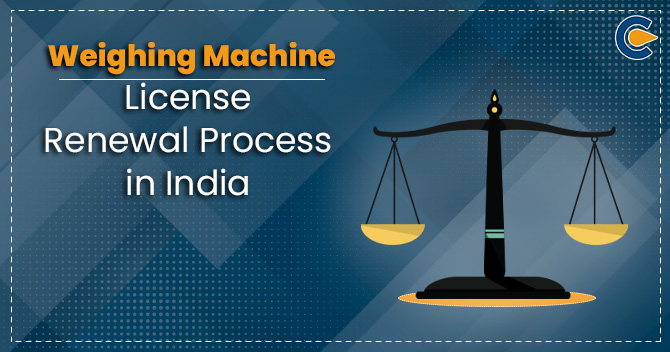The Legal Metrology Act and Rules of LMPC mandate every importer or manufacturer to perform specific labelling standards for pre-packaged commodities in India. The Act also governs the pre-packaged goods sold in India. This regulation requires certain declarations to be printed on every package, and these declarations are as follows:
- The company’s name and address should be included if the company is the manufacturer, packer, or importer.
- If the packed goods are imported, the country of origin is necessary.
- The item’s common name should be mentioned in the package
- The packaging item’s Net quantity should be expressed as a standard unit of weight, measure, or number.
- Month and year of production, packaging, or importation is a must in labelling.
- The retail purchase price is the Maximum Retail Price (MRP) in Indian rupees, including all taxes, which should be mentioned on the label.
Legal Metrology Act and Rules
The Legal Metrology Act and Rules deal with over 40 measuring and weighing instruments, including electronic, weighbridges, fuel pumps, water metres, sphygmomanometers, clinical thermometers, and other similar things.
This Act aims to set and enforce standards for weights and measures, regulate trade regarding quality and commerce involving weight, measure, or several goods, address related matters and incidents and help encourage customer satisfaction.
Each state government must do routine inspections on these weighing and measuring devices using the Standard Weights and Measures and the process defined in the Rules.
- In India, it regulates pre-packaged commodities and mandates labelling requirements before the sale.
- According to the Legal Metrology Act 2009[1], standards of weights and measures are established and enforced, trade in weights, measures, and other goods sold or distributed by weight, measure or number are regulated, and any related matters are dealt with.
Legal Metrology Act and Rules in Broad Terms
The Department of consumer affairs comes under the ministry of consumer affairs, food & public distribution. They are the one who provides guidelines to prevent unfair trade practices in India and protects consumer rights. The Legal metrology Department is part of the Department of consumer affairs, which regulates the application of rules, regulations and procedures on measurements and measuring instruments. These Legal metrology acts and rules may be called the LMPC – Legal Metrology (packed commodities) Rules, 2011. Some main rules are
- Every package that is constructed in the manufacturer’s premises should have the disclosure of the retail sale price in the outer package.
- The month and the year in which the commodity or goods is packed must be conveyed on the packaging material, either in words or by numerals.
- Any name and address of a company mentioned on the packaging label without qualifying words ‘manufactured by’ or ‘packed by’ should be surmised as the manufacturer.
Similar to the rules and regulations of LMPC, there are also specific Legal metrology acts and rules that govern the metrology act, which should also be taken care of when talking about LMPC. They are
- The Legal Metrology (Numeration) Rules, 2011
- Legal Metrology (Approval of Models) Rules, 2011
- The Legal Metrology (National Standard) Rules, 2011
Legal Metrology (Numeration) Rules, 2011 – An Overview
The Legal Metrology (Numeration) Rules, 2011, have been made under section 52 of the Legal Metrology Act and Rules. Under this Act,
- The numerals should be named in decimal systems.
- To represent any numbers in digits, an international form of Indian numerals, i.e., 0,1,2,3,4,5,6,7,8,9, should be used.
- Every single numeral should be represented in base ten.
- If numbers expressed in digits are more than 3, they should be written in words.
Legal Metrology (Approval of Models) Rules, 2011
Legal Metrology (Approval of Models) Rules, 2011 acts under the legal metrology act and rules. It means that all weights and measuring instruments will be tested and calibrated according to the standards in the Act. The instruments that come under the provision of this Act are
- Weights
- Measures
- Counter machines
- Beam scales
- Water meter
- Clinical thermometer
- Oil storage tanks
- Peg measures
- Length measures
- Dispensing pumps (petrol pumps)
Legal Metrology (National Standard) Rules, 2011
The Legal Metrology (National Standard) Rules, 2011, under the Legal metrology act and rules, is concerned with units of weight. They are
- The base unit of Length: “Metre” should be the base unit of Length.
- The base unit of Mass: “kilogram” should be the base unit of Mass.
- The base unit of time: “Second” should be the base unit of time.
- The base unit of electric current: “Ampere” should be the base unit of electric current. Ampere is the unit of electric current equals the flow of one Coulomb per second.
- The base unit of thermodynamic temperature: “Kelvin”, should be the base unit of thermodynamic temperature.
- The base unit of luminous intensity: “Candela” should be the base unit of luminous intensity.
- The base unit of the amount of substance: “Mole”, should be the base unit of luminous intensity.
Procedure Involved In Obtaining the Legal Metrology Packaged Commodities Registration for Importers
The business that imports pre-packaged goods for sale, distribution or export must submit an application for their name and address to be registered either under the director of Legal Metrology in the Union Government or the controller of Legal Metrology in the state government in the specified website.
Suppose the application submitted under the state’s specific controlling authority is approved. In that case, the registration authority will register the importer’s name and address and issue them a Legal Metrology Packaged Commodities registration. If the approving authority denies the application, the Legal Metrology Packaged Commodities registration will be revoked. A Legal Metrology Packaged Commodities registration ranges from 1 to 5 years, with the minimum being one year. Once the application for legal metrology product commodities is made it may take around 10 to 20 days to get the LMPC license.
If businesses want to market their pre-packaged goods, getting the LMPC license is mandatory. To obtain the license, an applicant should apply to the pre-packaged products controller of the state where the business premises reside. If the businesses want to sell their products in more than one state, they must become registered with the director at the Centre and the specific state controller.
Documents Required For LMPC Importer License
- PAN card copy of the proprietor of the company
- Documents related to the registered address of the office
- Documents related to the import premises
- Import Export Code (IEC certificate)
- Documents related to the type of constitution
- PAN & Aadhaar card of the proprietor or owner.
- Signature of applicant in JPG format
- Products list with its eight-digit ITC code.
- Labour License and Professional tax, if any
Conclusion
The legal metrology act and rules provide specific regulations for controlling measurements and measuring instruments. Legal Metrology protects public safety, the environment, consumers and traders for fair trade. Legal Metrology has defined specific licenses and application procedures for weighing and measuring instruments and devices. Some specific rules and regulations should to be followed for obtaining Legal Metrology Certification.
Also Read:
How To Secure LMPC Certificate To Import Pre-Packaged Goods In India?











